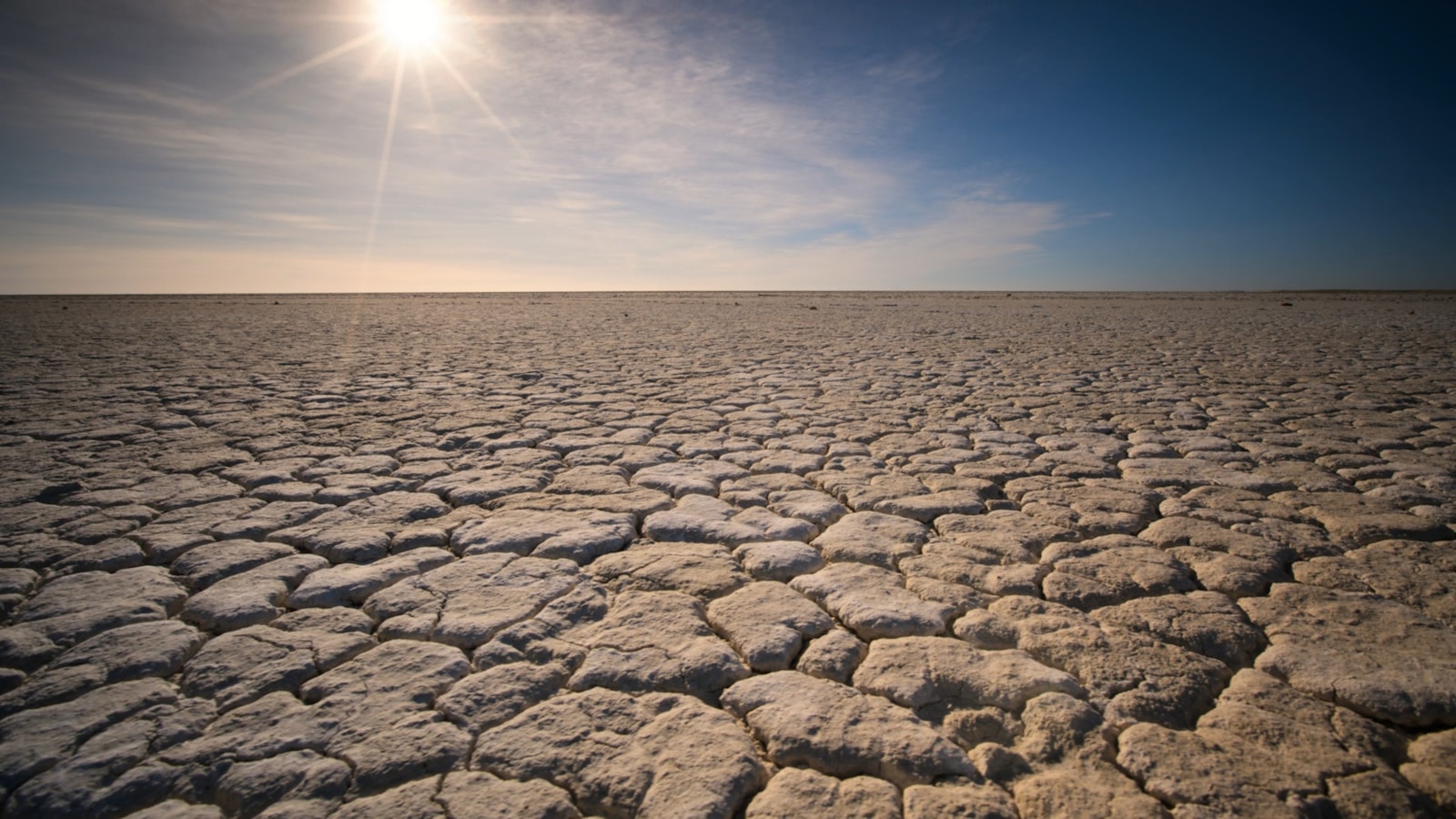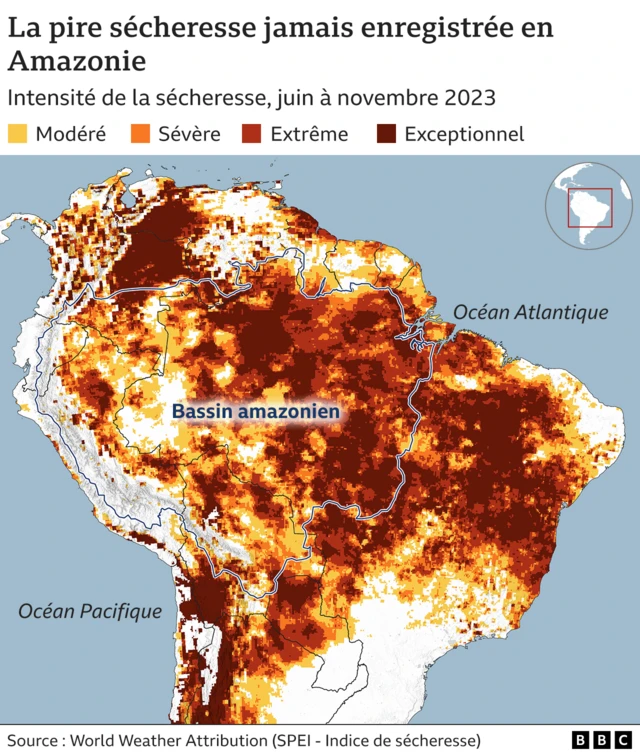Tanzania elections And Shocking Risks of Social Media Clampdown
The upcoming Tanzania elections are taking place under unprecedented restrictions on social media platforms. Tanzania elections face new challenges as authorities tighten control over digital communications, raising concerns about freedom of expression, transparency, and public participation. This clampdown threatens to reshape the democratic landscape and impacts both citizens and international observers.
1. Suppression of Free Speech
Social media has become a critical space for political dialogue, citizen engagement, and debate in Tanzania. The current clampdown severely limits these channels, preventing opposition voices and independent commentators from sharing their perspectives. Tanzania elections now face the risk of reduced public discourse, where only state-approved narratives dominate, undermining democratic principles.
2. Reduced Transparency in Election Processes
Social media platforms have historically been used to report irregularities and track election developments in real time. With restricted access, independent monitoring becomes nearly impossible. Tanzania elections may proceed with less scrutiny, making it harder for civil society, journalists, and voters to hold authorities accountable. This could erode trust in the electoral process significantly.
3. Increased Spread of Misinformation
Ironically, while the clampdown aims to curb false information, it may fuel it instead. Citizens are forced to rely on unofficial channels and encrypted apps, which can be more susceptible to rumors and unverified claims. Tanzania elections now risk being influenced by misinformation that spreads unchecked, further complicating the political environment.
4. Discouraging Youth Participation
Youth engagement is critical for vibrant democracy, yet social media restrictions disproportionately affect younger voters who rely on digital platforms for information and mobilization. Tanzania elections risk a lower turnout and disengaged youth population, weakening the overall legitimacy of the electoral process and limiting the diversity of voices in political debates.
5. International Scrutiny and Reputation
Global observers and foreign governments are closely monitoring Tanzania elections. The clampdown on social media could signal a regression in democratic standards, affecting international relations and investor confidence. Tanzania elections may be perceived as less transparent, raising questions about the country’s commitment to fair governance and potentially impacting economic partnerships.
6. Challenges for Independent Media
Independent journalists and media organizations have traditionally used social platforms to report on campaigns, rallies, and election outcomes. With restricted access, their ability to operate freely is severely limited. Tanzania elections now face the risk of skewed coverage and reduced investigative reporting, allowing misinformation or biased narratives to dominate public perception.
7. Impact on Civil Society Organizations
Civil society organizations play a pivotal role in monitoring elections and advocating for citizens’ rights. Tanzania elections are increasingly constrained as these groups struggle to communicate and organize online. Reduced access to social media weakens advocacy efforts and diminishes the ability of NGOs to mobilize communities effectively.
8. Polarization and Social Tensions
Restricted online spaces can exacerbate political polarization. When citizens cannot freely express opinions, grievances often surface in private groups or offline, potentially fueling social tensions. Tanzania elections risk heightened divisions among communities, making it harder to achieve peaceful and constructive political dialogue.
9. Threats to Credible Reporting
Accurate reporting is essential for fair elections. With social media clampdowns, journalists and fact-checkers face challenges in verifying information. For more insights, see Council on Foreign Relations analysis on digital restrictions and elections. Tanzania elections are now vulnerable to distorted narratives and a misinformed electorate, threatening the integrity of the democratic process.
10. Voter Confidence at Risk
Ultimately, social media restrictions erode voter confidence, as citizens feel disconnected from real-time updates and transparent information. Tanzania elections face a serious risk of diminished public trust, which can affect turnout and the perceived legitimacy of results. Ensuring access to information is critical for a healthy democratic process.
Conclusion
Tanzania elections are occurring in an environment of tightened digital controls, with serious implications for free speech, transparency, and civic participation. Citizens, journalists, and civil society must navigate these restrictions carefully. For readers seeking a deeper understanding of electoral challenges in East Africa, see our related article on East Africa election challenges. Staying informed empowers voters and strengthens democratic resilience.




